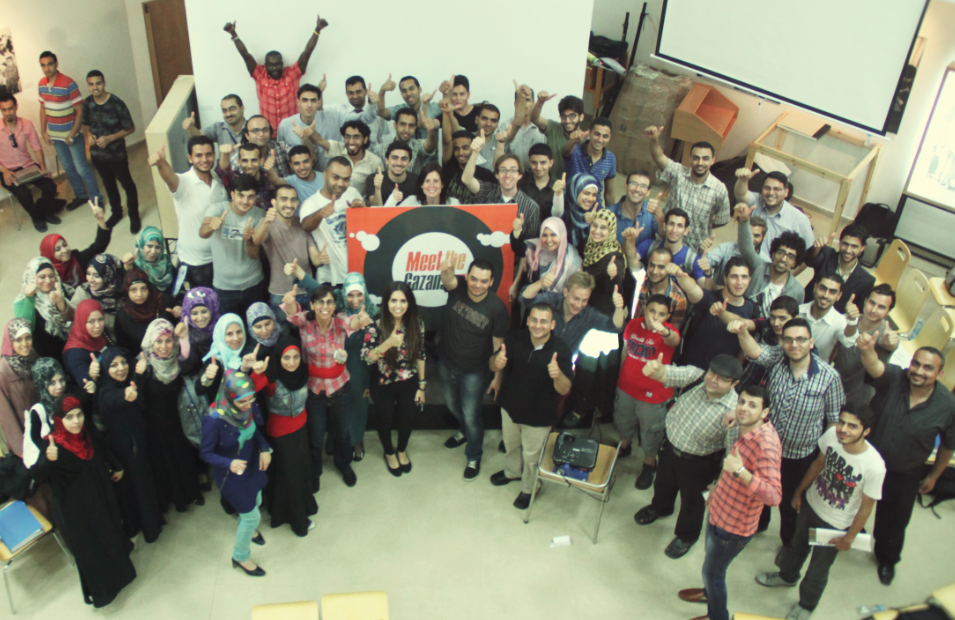Startups have a role to play in rebuilding Gaza


Despite Israel’s destroying several billion dollars worth of property, businesses, and homes, displacing 500,000 people, and killing 2,200 Palestinians this past summer, the siege and ongoing occupation of Gaza have failed to destroy creativity in the territory. For the past few years the dense Strip – with a 55% unemployment rate and nearly 2 million people – has been home to a small but growing community of founders seeking to create their own opportunities and jobs.
As international donors gathered in Egypt to pledge $5.4 billion to Gaza’s reconstruction, entrepreneurs in the territory were working to rebuild their lives and businesses. In a place with a 38% poverty rate, the drive to succeed and thrive is more than a matter of personal satisfaction. Every successful business, every job, has an outsized impact on outcomes for communities where extended families rely on only a few breadwinners.
Gaza’s economy has historically been based on manufacturing, agrarian activity, and fishing. But the Israeli attacks this summer, during which the army destroyed 360 factories, reinforced a well-known lesson: Nothing in Gaza is secure, including productive business assets. The attack was the third in six years – and it likely won’t be the last.
At the same time the Egyptian and Israeli siege prevents many talented students and professionals from traveling abroad in pursuit of opportunity. So for many of Gaza’s young people – 43% of the territory’s population is under 14 years old – the future may by necessity hinge on information technology enterprises. Software can’t be held up at a checkpoint, and an app can’t be demolished from the air.

As video game developer Abdul Abu Rahman explained to Personal Democracy Media, “ICT is a really promising sector here in Gaza because we can’t travel, we can’t go outside to learn different methods.” But the internet, and the exchange of information it nurtures, isn’t restricted. “With the ICT sector there are a lot of materials available on the internet – the web is full of ideas and tactics, you just have to learn how to get information. Almost all of my students and friends are self-taught.” That’s despite only having access to approximately eight hours of electricity a day.
Gaza Sky Geeks
The energy and enterprising spirit of many of Gaza’s young people wasn’t lost on Mercy Corps. The NGO founded Gaza Sky Geeks (GSG) in 2011 to act as a catalyst for startup creation – the first of its kind in the territory.
After a highly productive period, during which GSG hosted Gaza’s first Startup Weekend and facilitated the funding of four companies, the accelerator was forced to consider shutting down. The attacks on Gaza caused Mercy Corps to divert some operational capital to disaster relief; GSG appeared ready to join the long list of casualties of the bombardment.
But the accelerator’s managers, led by Iliana Montauk, a committed social entrepreneur herself, refused to accept the implications of their funding shortfall. They launched a campaign on Indiegogo – the popular crowdfunding website – with the goal of raising $70,000.
As of this writing GSG has raised $117,000 – well above what was needed keep their coworking space open and operating. The new goal is $150,000, which would allow the accelerator to keep half its staff and continue to offer services to startups.
Rebuilding Gaza
The reality of the Gaza Strip is more challenging than can be addressed through startups alone. The economy will take years to rebuild after this summer’s attacks. But the fact that educated, enterprising young people live there is reason to be hopeful. They are just beginning to discover the tools they’ll need to build their own, brighter, futures.


